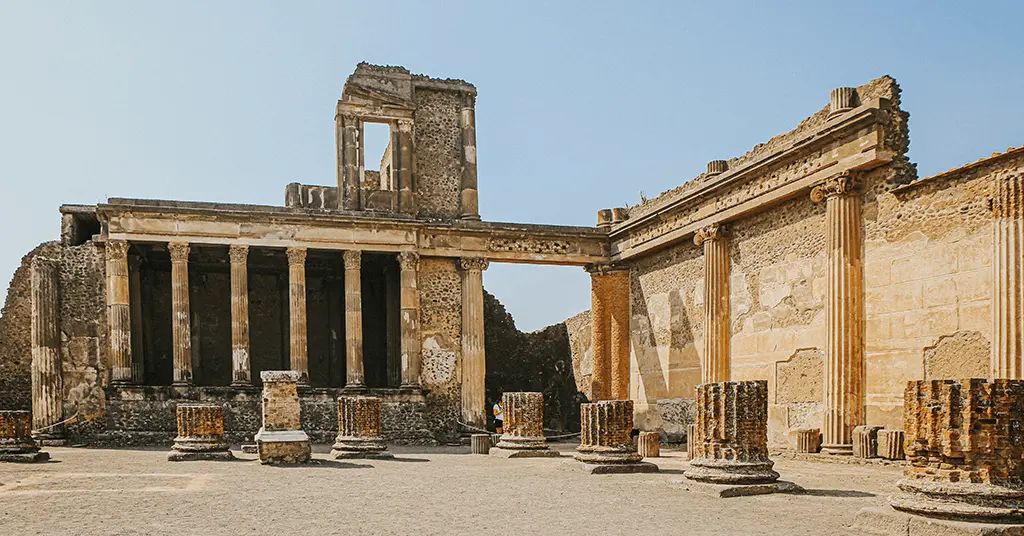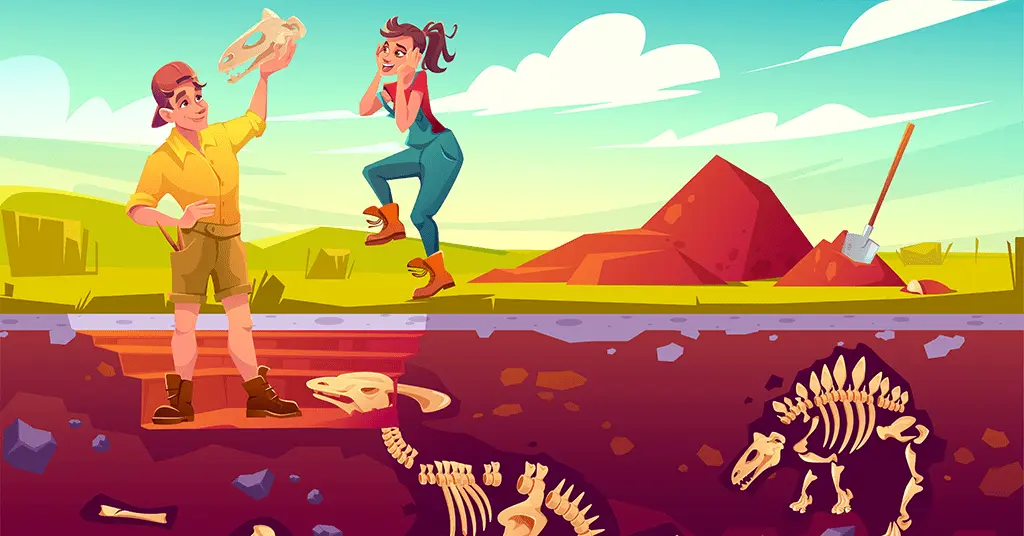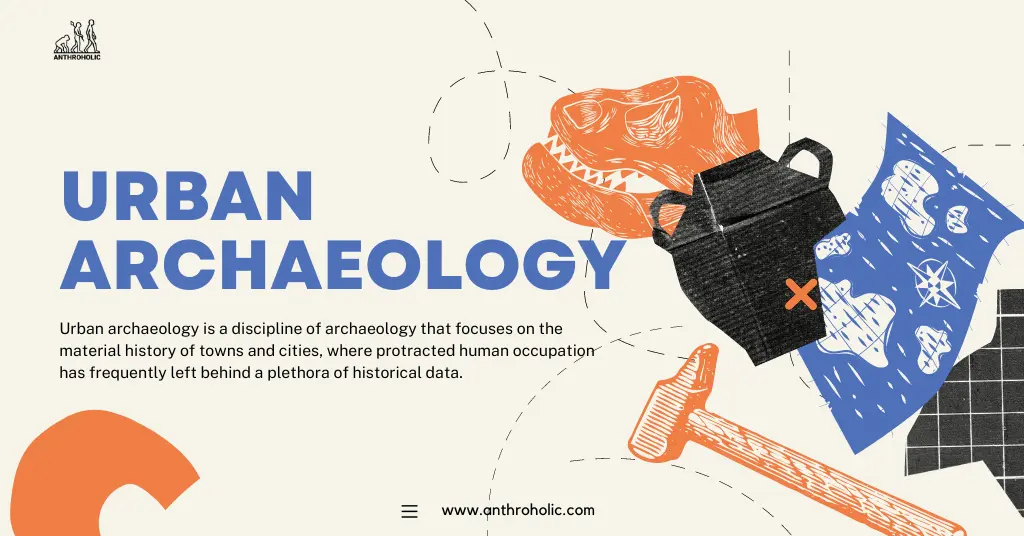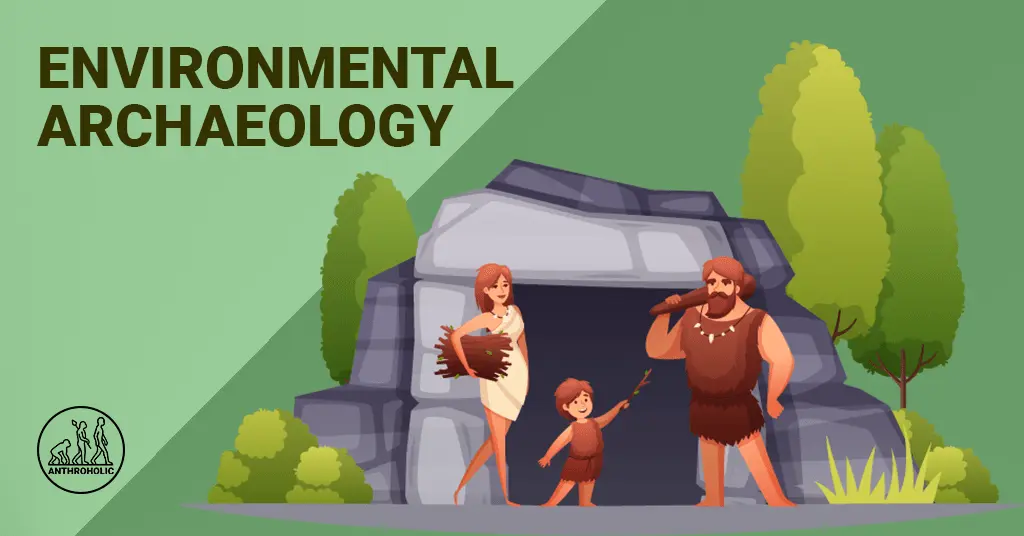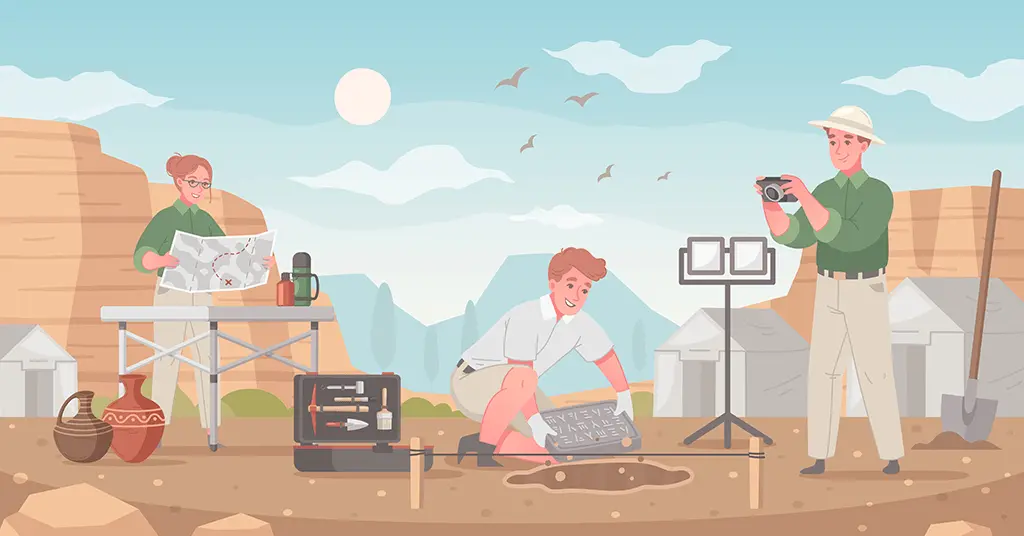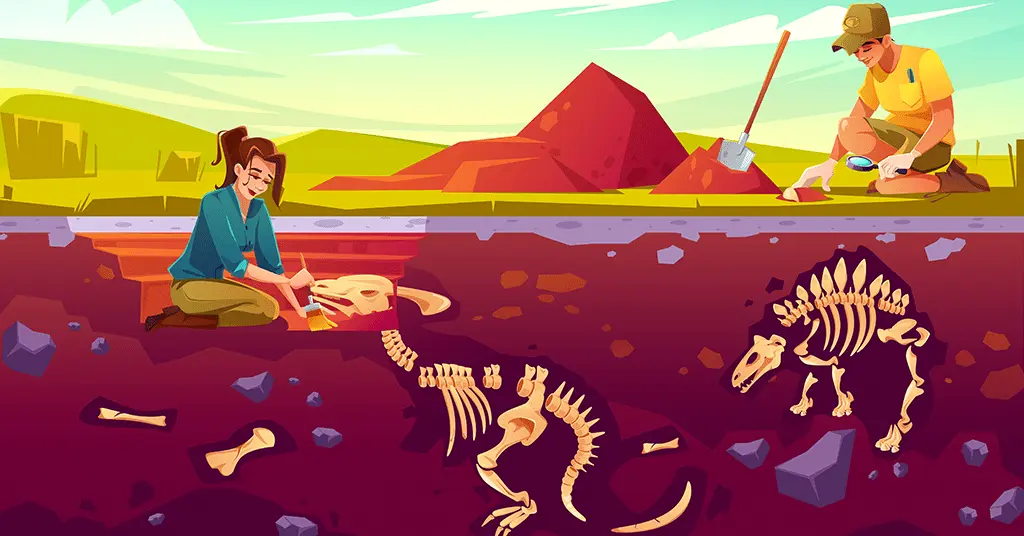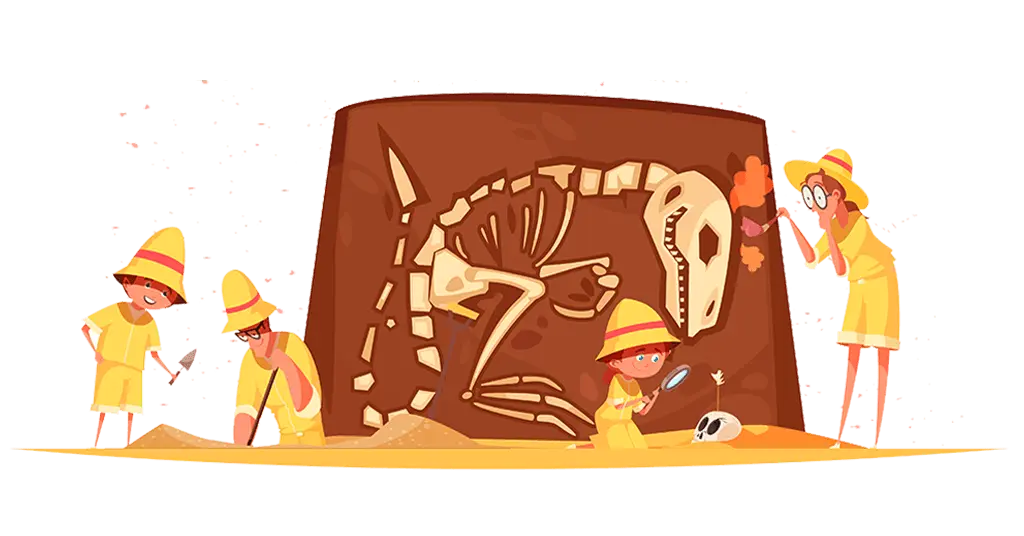AI Answer Evaluation Platform Live Now. Try Free Answer Evaluation Now
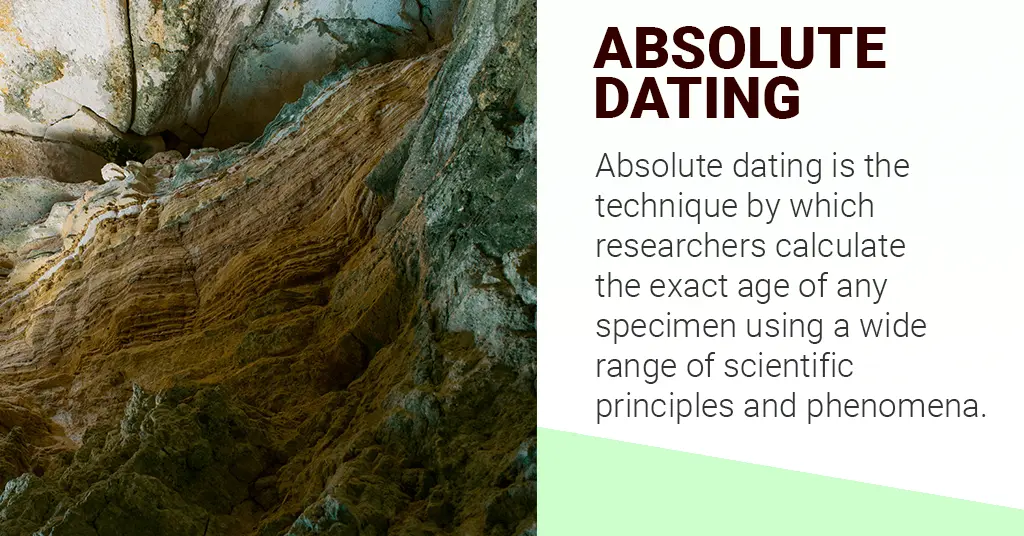
Absolute Dating
Absolute dating is the technique by which researchers calculate the exact age of any specimen using a wide range of scientific principles and phenomena. Since archaeological material is found in geological contexts like mounds, valleys, exposed sections of river etc. both fields utilise absolute dating during research.
